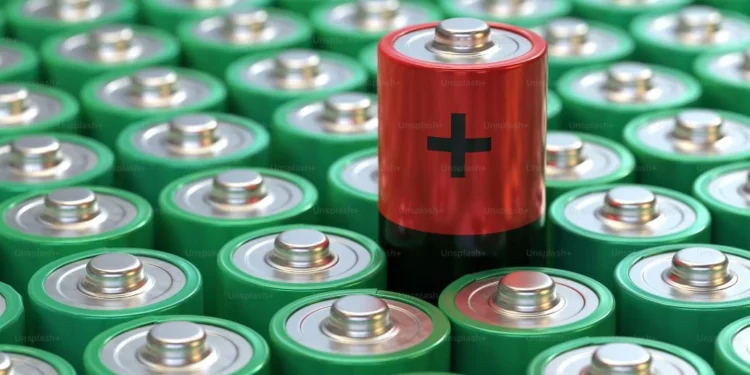On December 20, the Ministry of Economy, Trade, and Industry (METI) of Japan officially certified the negative electrode current collector for all-solid-state batteries developed by Toyo Kohan Co., Ltd. under its “Battery Supply Chain Assurance Program”. According to the plan, Toyo Kohan’s production facility in Kudamatsu, Yamaguchi Prefecture, aims to achieve an annual production capacity of 3 GWh by fiscal year 2027.
The negative electrode current collector developed by Toyo Kohan employs a stable iron-nickel alloy that maintains high performance even in hydrogen sulfide environments. This technology innovation has been jointly patented with global automotive company, Toyota. With this certification, Toyo Kohan plans to further invest in expanding production capacity to promote the widespread use of all-solid-state batteries, supporting Japan’s goal of localizing its battery supply chain.
The Japanese government has identified the battery industry as a strategic priority in achieving carbon neutrality by 2050. Under the Economic Security Promotion Act, METI has introduced a series of initiatives. Previously, the government announced support for 12 projects related to batteries or components, materials, and production equipment, with subsidies totaling 350 billion yen (approximately 2.345 billion USD). The Toyo Kohan project, now certified, is a flagship project of this program. Its all-solid-state battery components have been designated as critical materials, qualifying the project for government funding and policy support.











